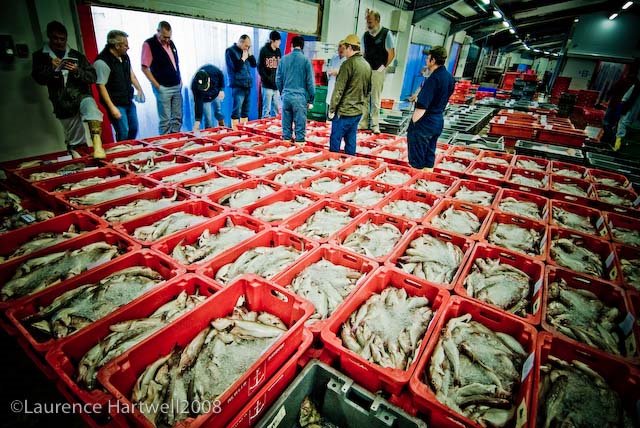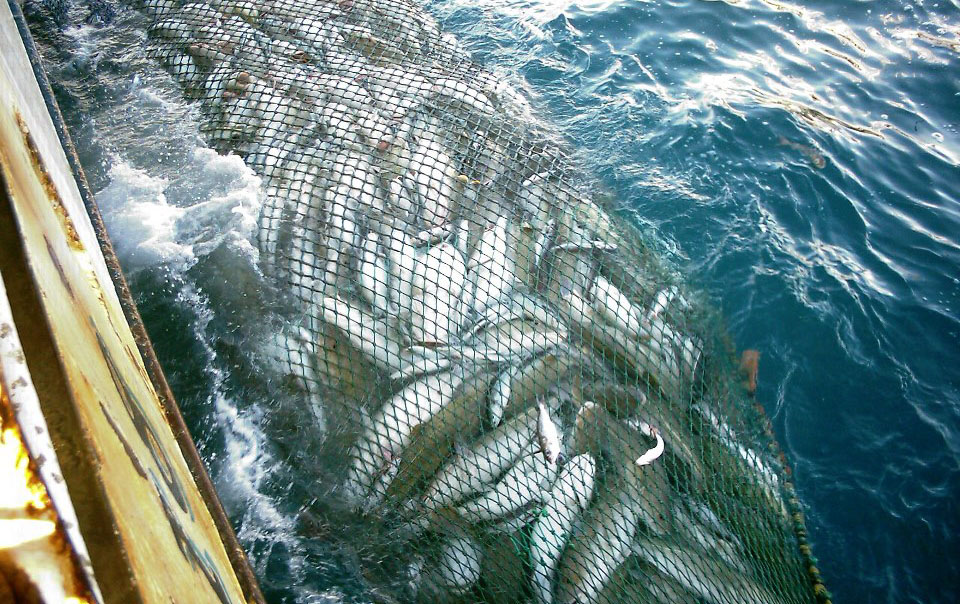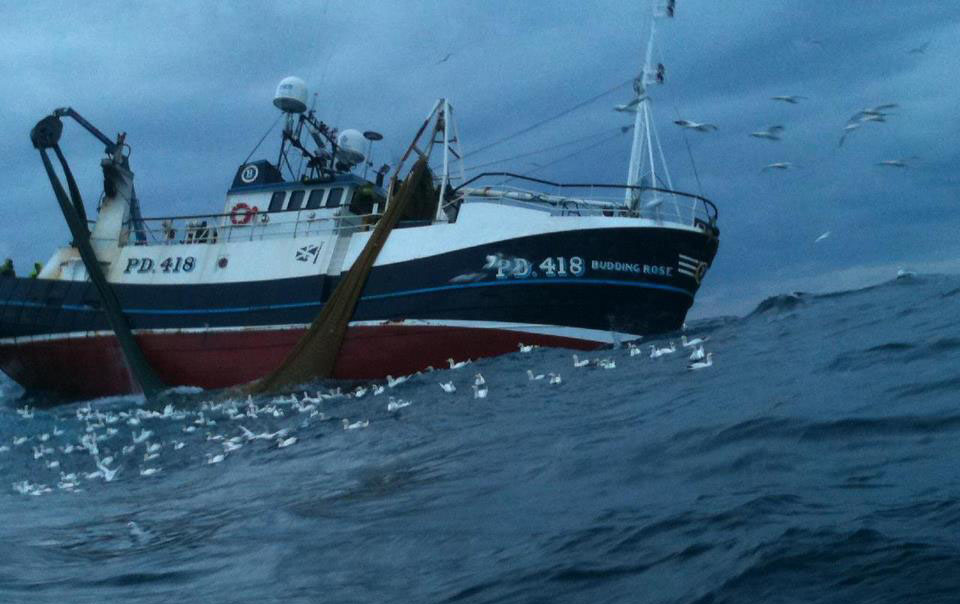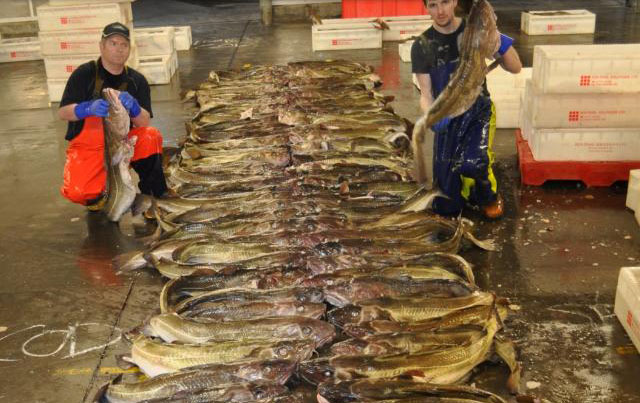 |
| The lunancy that is the current quota system coupled with the inequity of the licence system - two wrongs have served to create this bizarre situation. |
Cod is expected to become sustainable again in the coming years after decades of overfishing left populations in the North Sea on the brink of extinction.
Consumers have been urged for many years to avoid eating the fish but a report by the Marine Stewardship Council (MSC) last week found that numbers are recovering as a result of careful management. Although the survey found that British cod will not be classified as sustainable for at least a year, the signs suggest it could soon make a welcome return to menus.
Richard Benyon, the Fisheries Minister, said: "We should not be complacent, there is still a long way to go, but this is really good news. "People can eat cod without feeling guilty because there are large quantities being caught further north, and our cod stocks in the North Sea are recovering. "Much of the credit for this must rest with the fishermen who have introduced a vast number of [sustainable fishing] measures."
Barrie Deas, chief executive of the National Federation of Fishermen's Organisations, said there had been evidence of cod populations rallying since 2000, due in large part to reducing of fleet sizes. He said: "This is part of a general trend right across the north eastern Atlantic. For all the main species groups, all of them have shown a dramatic reduction of about 50 per cent in fishing mortality, which is the percentage of a stock that you take out each year."
Figures produced by the International Council for the Exploration of the Sea (Ices) show that spawning stock of North Sea cod increased by 250 per cent between 2006 and 2012. Ices predicted last year that stocks could soon reach the minimum desired level of 70,000 tonnes for the first time since 1998, less than a decade after warning that the number of young cod in the North Sea was the lowest for 20 years.
Chef Hugh Fearnley-Whittingstall told The Guardian he was "more keen than anyone to see British cod back on the 'fish to eat' list" but said he would not do so until population levels are considered safe. The MSC report found that fisheries of North Sea herring and cockles from the Thames Estuary are now sustainable and well-managed against its official standards, while cod is recovering well. But other species such as red gurnard, which is often recommended to consumers as an alternative to the "big five" of cod, haddock, salmon, tuna and prawns, may themselves be at risk.
The MSC said there is an "urgent case" for research into the sustainability of red gurnard after identifying a lack of data on fish stocks and "limited" management of catches. Red gurnard is often fished using "beam trawling", where fish are caught by dragging a metal beam with nets attached along the sea bed, with few restrictions on where it can be done. Other fisheries including brown crab, English Channel cuttlefish and sole caught with beam trawls also need further information before they can meet the criteria of the MSC's eco-label.
Claire Pescod, who chairs the MSC advisory group for Project Inshore, said: "There's been a significant interest in underutilised species over the past few years. "When those fish suddenly become commercially popular, we need to put a lot more effort into providing the appropriate information for their management to make sure that they are managed sustainably. In many cases there are gaps in understanding of the fishery that will need to be filled."
Story courtesy of the Daily Telegraph.






 OrfordFishermen
OrfordFishermen